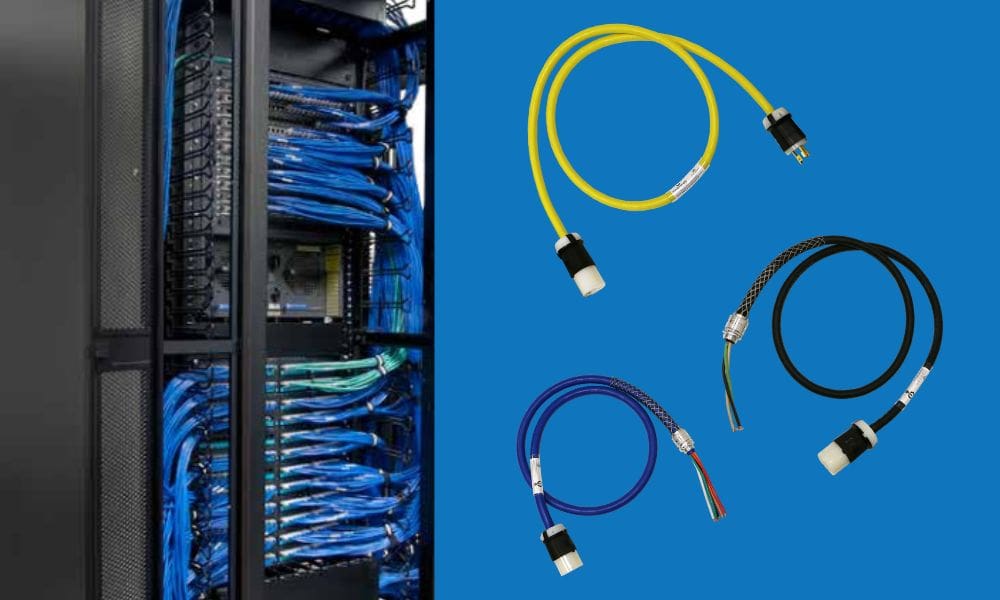
With the rise of digital transformation, data centers have become critical infrastructure for businesses and governments. However, it’s essential to understand which types of data centers may benefit these entities best. Read on for a brief overview of the different types of data centers and their characteristics to understand how you may manage them.
Managed Data Centers
Managed data centers are a type of data center where the day-to-day operations and maintenance are outsourced to a third-party service provider. This model allows companies to focus on their core business while ensuring their IT infrastructure is professionally maintained. It is an excellent choice for businesses that do not have the resources or expertise to manage a data center on their own.
These data centers typically offer services such as hardware and software setup, technical support, disaster recovery, and network security. The service provider is responsible for efficiently operating the data center, including managing the environmental controls, security systems, and backup power supplies.
Enterprise Data Centers
Enterprise data centers are facilities owned and operated by large corporations. They support all the information technology (IT) operations of the company. These data centers are usually in large buildings and span multiple floors using a variety of devices for power, such as a Russellstoll MaxGard for quality connectivity.
Enterprises typically invest in redundancy to ensure high availability. They include backup generators, cooling systems, and multiple network connections. Enterprise data centers accommodate growth in data storage needs and handle new applications as they arise.
Colocation Data Centers
Colocation data centers host multiple clients in the same facility. Each client rents space in the data center to place its equipment, servers, and other hardware.
Clients retain full control over their equipment, but they share the facility’s power, cooling, and network resources, reducing their operating expenses. Colocation data centers are often located near major network hubs to provide fast connectivity for their clients.
Cloud Data Centers
These facilities use cloud service providers such as Google, Amazon, and Microsoft to host their cloud computing services. The cloud services are rented to other companies or individuals who need them.
Cloud data centers provide highly scalable computing resources that companies may ramp up or down quickly depending on customer demand. They may span multiple locations globally, allowing data to be stored and accessed from anywhere in the world.
Data centers are essential components of today’s digital world. Electrical contractors and data center managers must be familiar with the different types of data centers to make informed decisions about which one to use.
